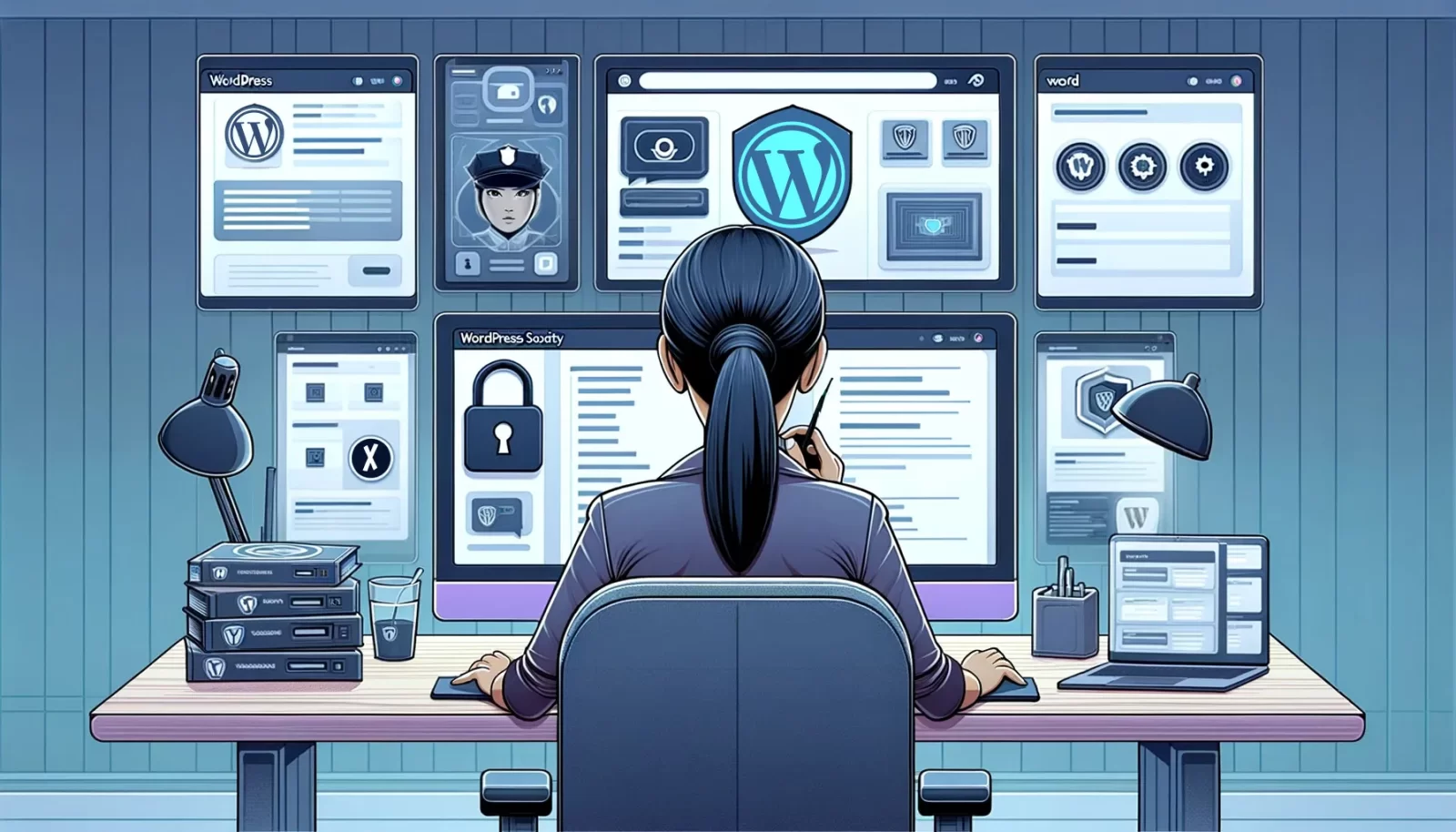In the digital age, the security of your WordPress website is paramount for the success and credibility of your small business. This extensive guide will focus on WordPress Security Best Practices, providing small business owners with the necessary knowledge and tools to protect their websites from potential threats. We’ll explore various security measures, from basic configurations to advanced strategies, ensuring your WordPress site is fortified against vulnerabilities.
Understanding the Importance of WordPress Security
The Role of Security in WordPress Site Management
Security is a critical aspect of managing a WordPress website. It involves protecting your site from malicious attacks, data breaches, and unauthorized access. For small businesses, a breach in security can lead to significant financial losses, damage to reputation, and loss of customer trust.
Common WordPress Security Threats
WordPress sites are often targeted by hackers due to their popularity. Common threats include malware, brute force attacks, SQL injections, and cross-site scripting (XSS). Understanding these threats is the first step in developing an effective security strategy.
The Impact of Security on Business Operations
A secure WordPress site ensures the safety of your business data and your customers’ information. It also contributes to the smooth operation of your business, preventing disruptions caused by security incidents.
Implementing WordPress Security Best Practices
Regular WordPress Updates
Keeping your WordPress core, themes, and plugins up to date is crucial. Updates often include security patches that protect your site from known vulnerabilities. Enable automatic updates to ensure you’re always running the latest versions.
Strong Passwords and User Permissions
Use strong, unique passwords for your WordPress admin area and limit login attempts to prevent brute force attacks. Manage user permissions carefully, granting only the necessary access levels to users.
SSL Certificates for Data Encryption
Implementing an SSL certificate encrypts data transferred between your server and users’ browsers, enhancing the security of personal information and transactions. Most hosting providers offer free SSL certificates, and WordPress allows for easy implementation.
Leveraging Security Plugins and Tools
Choosing the Right Security Plugins
Selecting effective security plugins is essential for enhancing your WordPress site’s security.
Key Security Plugins:
- Wordfence Security: Provides firewall protection, malware scanning, and login security.
- Sucuri Security: Offers security activity auditing, file integrity monitoring, and malware scanning.
- iThemes Security: Focuses on preventing common attacks and strengthening user credentials.
Regular Security Audits and Monitoring
Conduct regular security audits to check for vulnerabilities and monitor your site for unusual activities. Security plugins often include auditing and monitoring features that alert you to potential security issues.
Backup Solutions for WordPress
Regular backups are a critical component of a robust security strategy. In the event of a security breach or data loss, having a recent backup allows you to restore your WordPress site quickly.
Advanced WordPress Security Measures
Implementing a Web Application Firewall (WAF)
A Web Application Firewall (WAF) can protect your WordPress site from various attacks by filtering and monitoring HTTP traffic between your site and the internet. Some security plugins offer built-in WAF capabilities.
Secure Hosting Environment
Choose a hosting provider that prioritizes security. Look for features like regular backups, firewalls, malware scanning, and 24/7 monitoring.
Continuous Education and Awareness
Staying informed about the latest security threats and best practices is key. Regularly educate yourself and your team about WordPress security to ensure everyone is aware of the best ways to protect your site.
Conclusion: Prioritizing Security in Your WordPress Strategy
Adhering to WordPress Security Best Practices is essential for the protection and longevity of your small business’s online presence. By implementing these strategies, from basic security measures to advanced protections, you can safeguard your WordPress site against threats and ensure the trust and safety of your customers. In the ever-evolving landscape of cyber threats, a proactive approach to WordPress security is not just recommended; it’s essential for the survival and success of your business.











